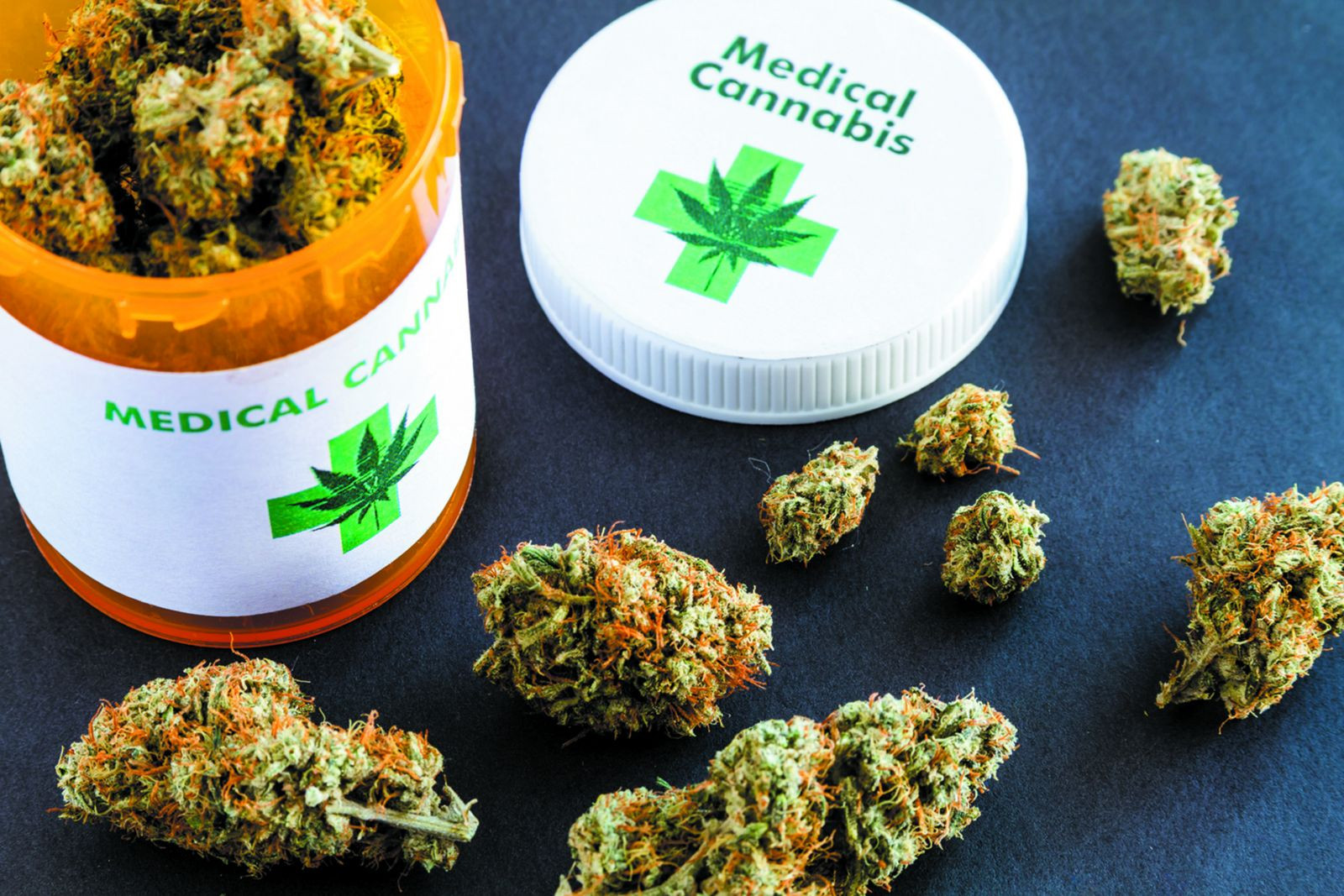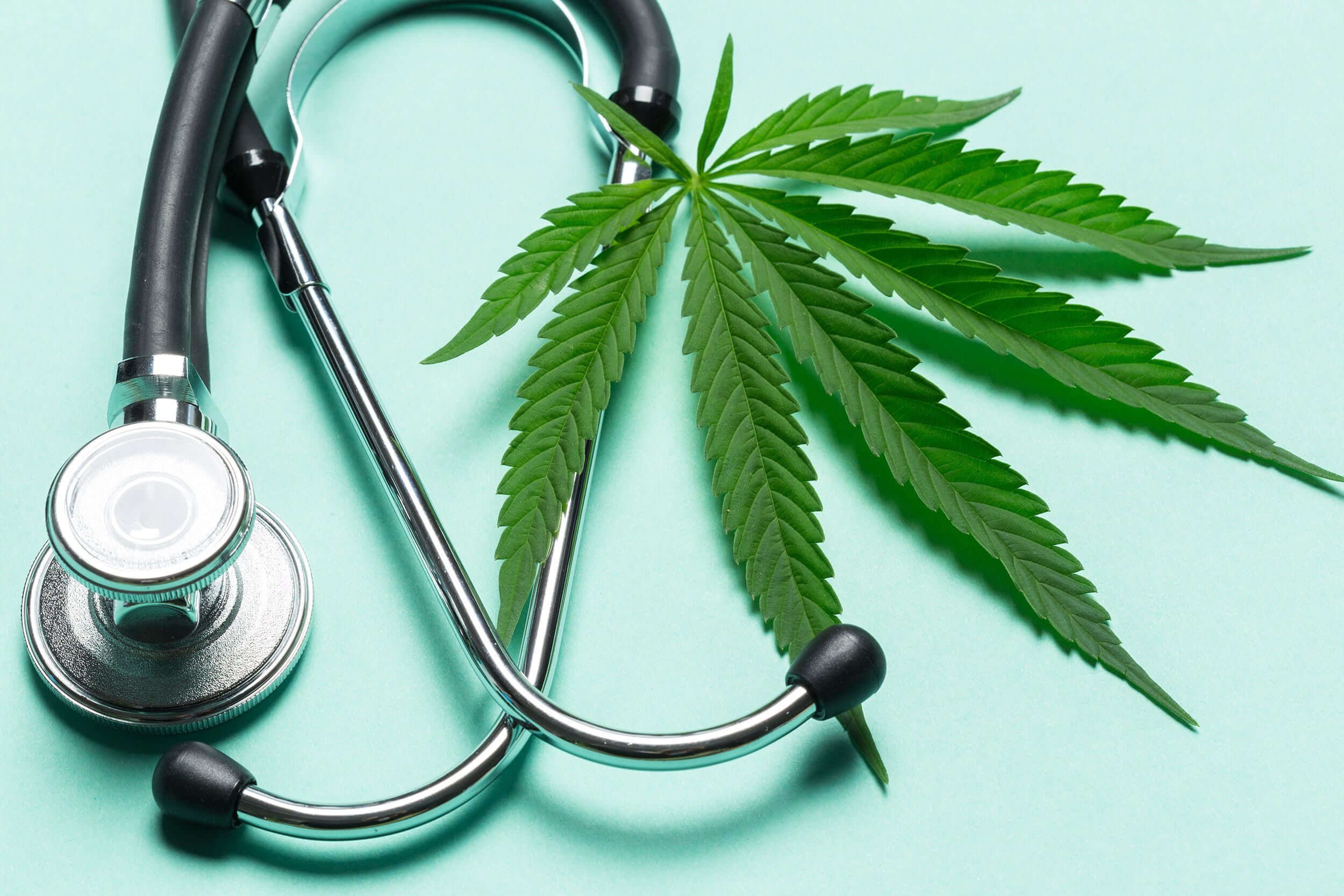Shedding Light on What Medical Marijuana Can Treat: a Thorough Evaluation of Its Healing Qualities
In recent years, there has been an expanding interest in the therapeutic possibility of medical marijuana. While anecdotal evidence abounds, a thorough examination of the scientific data relating to the efficiency of clinical marijuana in treating these problems is called for.
Persistent Discomfort Monitoring
Chronic pain administration remains a vital facet of treatment, requiring a detailed technique for efficient treatment. In the last few years, clinical cannabis has arised as a possible restorative alternative for people struggling with chronic pain problems. The endocannabinoid system, which plays an essential duty hurting modulation, has been targeted by cannabis-based therapies to ease symptoms and improve lifestyle for patients.

Additionally, clinical cannabis provides a promising choice for patients that experience unbearable side effects from standard discomfort drugs. Its ability to resolve discomfort via a various system makes it a useful enhancement to the toolbox of therapies readily available for persistent discomfort management.
Epilepsy Therapy Possible
Medical cannabis has actually shown encouraging capacity in the therapy of epilepsy, using an unique therapeutic method for handling seizures in clients. Epilepsy is a neurological problem characterized by persistent seizures, affecting individuals of every ages. Typical therapies for epilepsy consist of antiepileptic medicines, yet these drugs might not work for all clients and can have significant negative effects.
Research study on using medical marijuana for epilepsy has revealed encouraging results. Cannabidiol (CBD), a non-psychoactive substance located in marijuana, has been specifically highlighted for its anticonvulsant homes. Research studies have shown that CBD can reduce the frequency and intensity of seizures in clients with treatment-resistant forms of epilepsy, such as Dravet syndrome and Lennox-Gastaut syndrome.
Furthermore, the FDA has actually accepted a CBD-based medication, Epidiolex, for the therapy of seizures connected with these serious forms of epilepsy. This milestone emphasizes the expanding acknowledgment of medical marijuana as an important healing alternative for handling epilepsy and provides hope for clients who have not reacted well to standard therapies.
Nausea Or Vomiting Relief Perks
The alleviation of nausea via using marijuana has been significantly recognized for its therapeutic advantages in numerous clinical conditions. Nausea and throwing up are common symptoms experienced by individuals undertaking radiation treatment, those with food poisonings, and people with persistent pain conditions. Medical marijuana, with its active compounds such as THC and CBD, has shown assurance in supplying remedy for queasiness.

In addition, medical marijuana supplies an all-natural choice for individuals that do not react well to traditional anti-nausea medicines or who experience extreme side impacts from these drugs. Clients going through chemotherapy, specifically, have reported substantial improvements in their high quality of life when utilizing cannabis to manage nausea. As research in this location continues to grow, clinical marijuana is progressively being considered as an important option for queasiness alleviation in different medical settings.
Stress And Anxiety Reduction Impacts
Research studies have actually demonstrated the capacity of marijuana in reducing stress and anxiety symptoms with its interaction with discover here the endocannabinoid system. The endocannabinoid system plays an essential duty in managing emotions, consisting of anxiety, by preserving homeostasis in the body. Cannabinoids in marijuana, such as THC and CBD, engage with the endocannabinoid receptors in the brain, specifically the CB1 and CB2 receptors, to modulate anxiety-related reactions.

Individuals with problems like generalized stress and anxiety problem (GAD), social stress and anxiety condition, and post-traumatic tension disorder (PTSD) might take advantage of the anxiolytic buildings of marijuana (Medical Cannabis Card). Further study is needed to determine optimum does, shipment approaches, and lasting effects on anxiety monitoring.
Prospective for Swelling Control
With its well-known anti-inflammatory properties, marijuana has shown guarantee in possibly regulating inflammation within the body. Inflammation is the body's all-natural response to injury or infection, yet when it becomes chronic, it can contribute to numerous diseases such as joint inflammation, inflammatory bowel condition, and even heart illness. Research recommends that the cannabinoids located in cannabis, such as THC and CBD, can help reduce and regulate the immune reaction swelling.
Researches have actually shown that cannabis can engage with the endocannabinoid system, which plays a crucial more info here function in managing inflammation. By targeting the cannabinoid receptors, cannabis compounds can modulate the immune response, causing a decline in swelling levels. This makes marijuana a potential prospect for taking care of inflammatory problems where typical treatments have failed.
In addition, cannabis-derived items like CBD oil have actually acquired appeal for their anti-inflammatory residential or commercial properties, with several individuals using them as a natural treatment for conditions connected with swelling. While even more research is needed to completely recognize the mechanisms behind marijuana's anti-inflammatory results, current searchings for reveal discover this info here promising results for the possible use medical marijuana in managing inflammation.
Conclusion
Finally, medical marijuana has actually shown encouraging therapeutic homes in handling chronic discomfort, treating epilepsy, alleviating nausea, reducing stress and anxiety, and regulating swelling. Its prospective benefits in different clinical conditions highlight the value of additional research and expedition into its medicinal use. The proof suggests that clinical marijuana might be a beneficial alternative therapy option for people looking for alleviation from a series of signs and symptoms and conditions.
In current years, medical cannabis has arised as a prospective restorative choice for individuals enduring from persistent discomfort problems.Medical marijuana has revealed encouraging capacity in the treatment of epilepsy, using an unique healing approach for taking care of seizures in patients. As research in this location continues to expand, clinical cannabis is increasingly being considered as a useful option for queasiness alleviation in various clinical setups.
In verdict, medical cannabis has actually shown promising healing buildings in taking care of persistent pain, treating epilepsy, soothing nausea or vomiting, lowering stress and anxiety, and regulating inflammation. The evidence recommends that clinical cannabis can be an important choice therapy alternative for clients seeking relief from a variety of signs and conditions.